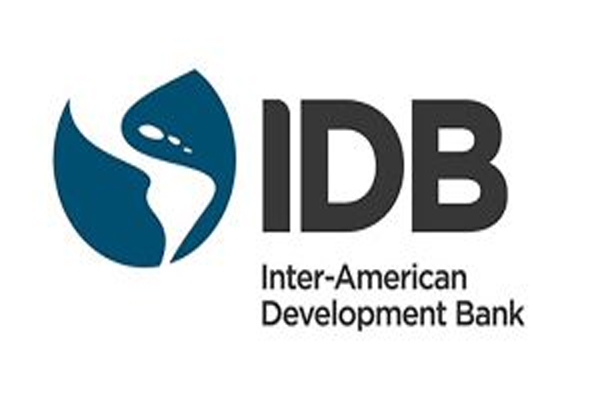
Kaieteur News
GEORGETOWN
EnergiesNet.com 03 17 2022
Notwithstanding all that has been articulated over the years about the need for a modernised legal framework for the oil sector, Guyana will still face additional bottlenecks to execute its role in the oil sector due to an inadequate supply of sector-wide leadership, management and technical talent required.
This is according to the Inter-American Development Bank, one of Guyana’s key lending partners for decades. In a report titled: Traversing a Slippery Slope: Guyana’s Oil Opportunity, IDB experts noted that while the number of Guyanese with formal training in oil and gas policy, economics, management, law, and engineering has increased in recent times, the level of technical expertise and institutional leadership required to effectively ensure the maximization of economic and social returns from the resources remains at a nascent level.
Moreover, the bank said developing the capabilities to manage and regulate an oil producing contract will surely overlap with those required for other oil blocks currently under exploration, as well as other transcendental capacities to be handled by the government, such as rights (license) management, long-term gas commercialization, and marketing of the government’s share of oil production. It said this situation therefore increases the risks of delays and value erosion during oversight activities and heightens the probability of lower social returns.
Further to this, the Inter-American Development Bank was keen to note that the petroleum industry is a highly-specialised technical and commercial sector while reminding that studies of the performance of petroleum producing countries demonstrate that the creation of a regulatory agency with a skilled, professional staff, who understand both the technical and commercial drivers of the sector is a key structural feature of countries that have successfully increased investment, production and revenues from their natural resources over time.
The experts who were contracted for this analytical report on Guyana also noted that it has been widely recognized over recent decades that a key best practice for a country’s petroleum sector is the separation of functions of policy making for the sector from the regulation of the sector.
In this regard, the consultants explained that the regulation of the sector is most effective, then, when regulatory action implements the country’s policies based on technical and commercial considerations and not changing political interests.
They noted that the separation of the governmental functions – that is, the policy-making function from the regulatory function – creates the conditions for such regulation. The experts added that the cases of Brazil, Colombia and Peru show that they have employed specific legislative and regulatory measures to divide these functions between the Ministry and an independent regulatory agency. To achieve this, it was suggested that Guyana may consider core precepts that hinge on institutional autonomy from political interference and dependencies on financial appropriations from the national budget.
kaieteurnewsonline.com 03 17 2022












